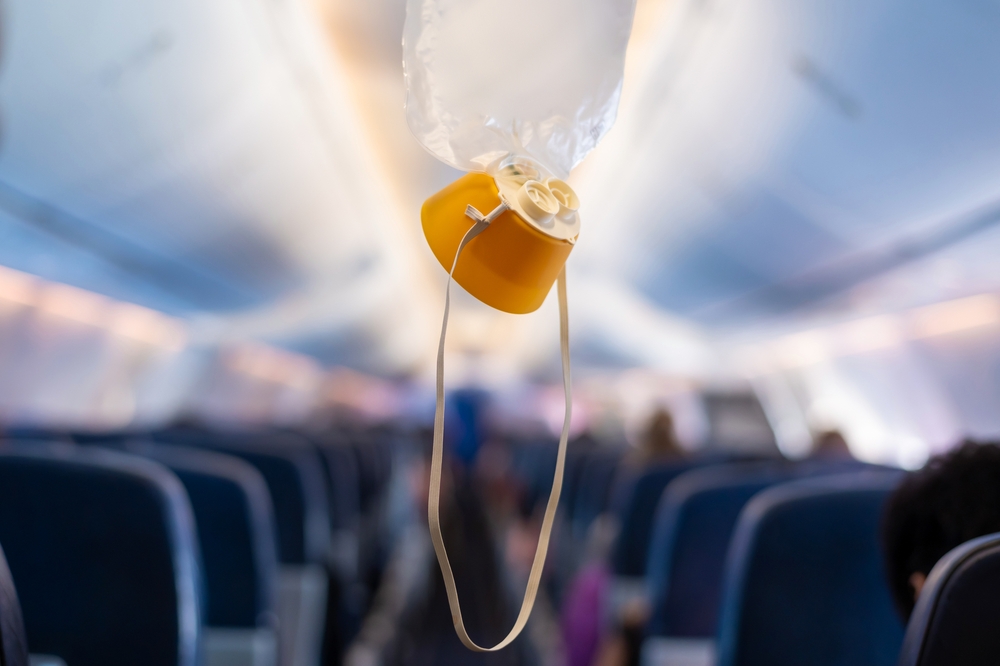In the high-stakes world of health care, medical professionals are renowned for their selfless dedication to patient care. They work long hours, navigate complex medical challenges, and consistently prioritize the needs of others. Yet, within this culture of compassion, there exists a profound and often overlooked truth: to provide optimal care, health care workers must first care for themselves.
The oxygen mask principle, famously demonstrated during pre-flight safety instructions on commercial airlines, offers a powerful metaphor for this essential concept. When cabin pressure drops, passengers are advised to secure their own oxygen mask before assisting others. This seemingly counterintuitive instruction carries a critical message that resonates deeply within health care: you cannot effectively help others if you are compromised.
In medical settings, the oxygen mask principle translates to a holistic approach to professional and personal well-being. Physicians, nurses, and health care workers frequently experience high-stress environments that can lead to burnout, compassion fatigue, and mental exhaustion. The traditional narrative of medical heroism often glorifies self-sacrifice, but this approach is unsustainable and potentially harmful.
Implementing the oxygen mask principle requires a multifaceted approach. First, it demands acknowledging the inherent value of personal health and well-being. This means recognizing that self-care is not a luxury or a sign of weakness, but a professional necessity. Health care institutions must cultivate environments that support mental health, provide robust support systems, and normalize discussions about professional stress and personal limitations.
Mental health resources, such as counseling services, peer support groups, and stress management programs, are crucial. Regular psychological check-ins and destigmatizing mental health discussions can help professionals maintain psychological resilience. Additionally, establishing clear boundaries between professional responsibilities and personal life becomes essential in preventing chronic stress and potential burnout.
Physical health is equally important. Adequate sleep, regular exercise, balanced nutrition, and consistent medical check-ups are not indulgences but professional maintenance. Just as a surgeon ensures their instruments are sharp and precise, health care workers must maintain their own physical and mental “instruments” to deliver high-quality care.
The principle extends beyond individual practice to systemic change. Health care leadership must recognize that supporting worker well-being directly correlates with patient outcomes. Institutions that prioritize staff mental health often see improvements in patient satisfaction, reduced medical errors, and enhanced overall care quality.
For individual practitioners, adopting the oxygen mask principle requires intentional self-reflection and proactive strategies. This might involve scheduling regular breaks during shifts, practicing mindfulness techniques, seeking supervision or mentorship, and being willing to delegate or seek help when feeling overwhelmed.
Ultimately, the oxygen mask principle is not about selfishness but about sustainable compassion. By ensuring our own well-being, we enhance our capacity to provide empathetic, high-quality care. It is a reminder that self-preservation is not in conflict with patient care—it is fundamental to it.
In a profession dedicated to healing others, health care workers must remember: Your ability to help is directly proportional to your own health and well-being. Secure your oxygen mask first.
Pamela Buchanan is a board-certified physician, speaker, and thought leader dedicated to transforming health care and championing mental well-being. With more than 20 years of medical experience, she is a TEDx speaker known for her powerful talk on “Emotional Flatline,” which explores the emotional toll of high-stress professions, particularly in emergency rooms during the pandemic. As the author of The Oxygen Mask Principle and Emotional Flatline, Dr. Buchanan teaches self-care as a revolutionary act for working mothers, health care professionals, and high achievers.
In addition to her work as a physician advocate and ambassador with the Lorna Breen Foundation, her work extends to coaching and consulting, focusing on helping physicians navigate burnout and preventing burnout in medical students and residents. She strives to keep more physicians practicing. Dr. Buchanan’s mission is to help people break free from burnout, prioritize self-care, and live with purpose.
Dr. Buchanan is the founder of Strong Medicine and can be contacted for coaching, workshops, and speaking engagements.

